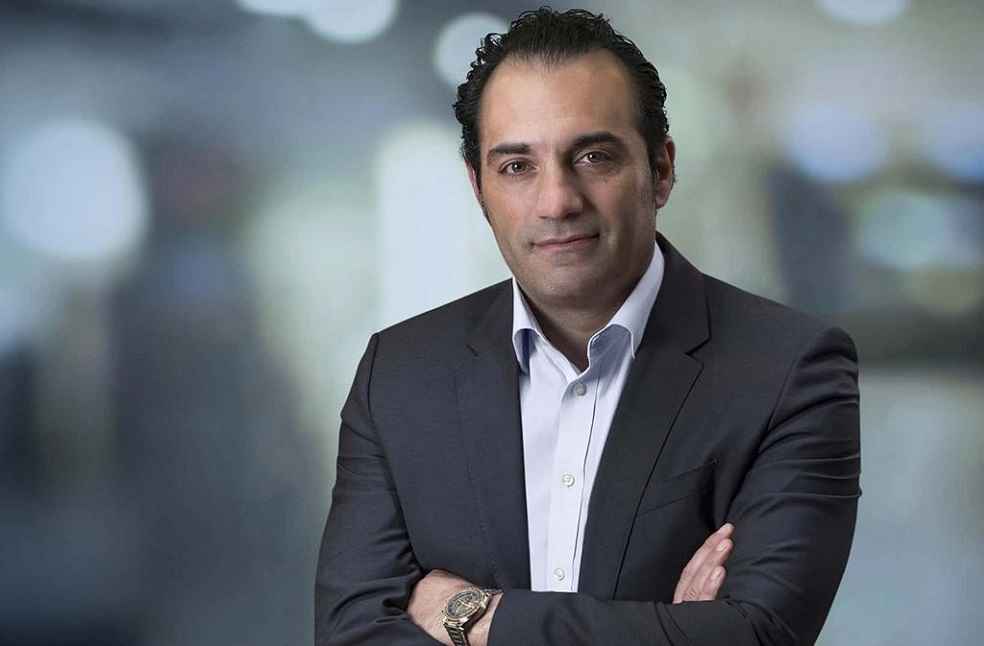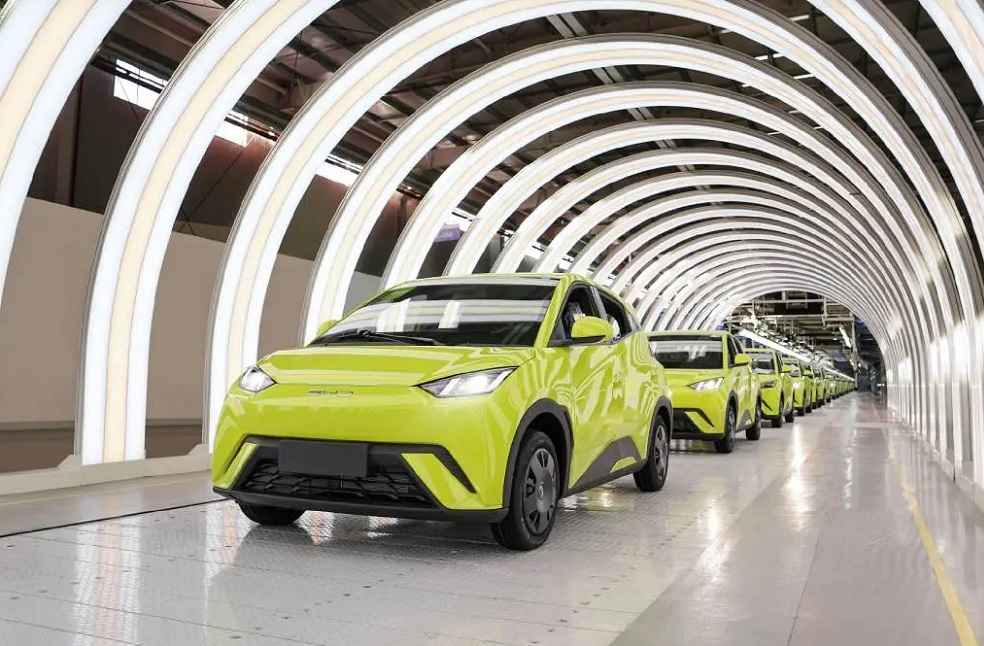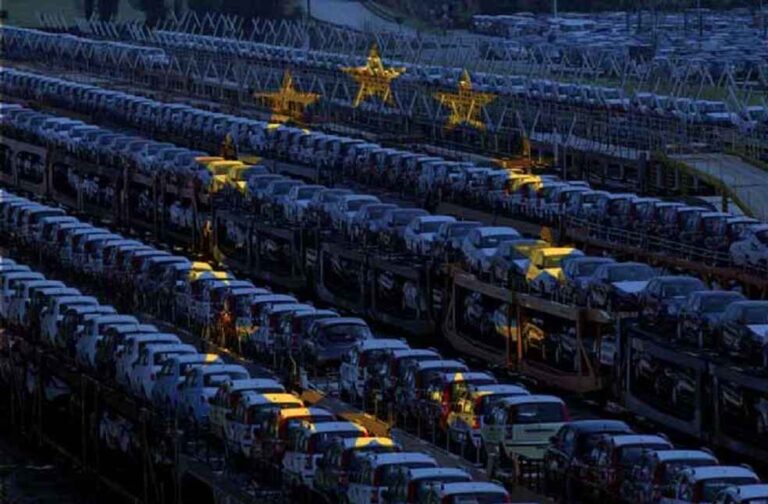The chief executive of Stellantis, Antonio Filosa, has called on the European Union to step in and safeguard the region’s automotive sector, warning that current policies are putting the industry under pressure.
Filosa stressed that flexibility on the transition to electric vehicles was ‘vital’ if the EU is to protect its auto industry. “A strategic dialogue is very important, but now it’s vital to act with urgency. There is no time for delays,” he said.
He argued that emissions targets set by the bloc were ‘unrealistic’ and urged support for hybrid vehicles as a practical step to reduce the average age of cars on European roads. He added that current regulations are inflating the cost of smaller vehicles, leading to falling sales and increasing risks for manufacturers.

The EU has committed to banning sales of new petrol and diesel cars by 2035 under its net zero targets. Several carmakers have voiced concerns that the ban could undermine sales and that emissions goals are becoming increasingly difficult to meet.
Filosa proposed that a European policy encouraging the replacement of older cars with newer, lower-emission models across a variety of powertrains would deliver a stronger impact on CO2 reductions than focusing solely on the annual new car market.

His remarks come at a time when European automakers are grappling with the effects of tariffs and intensifying competition from Chinese manufacturers such as BYD.
Filosa, who took over as chief executive of Stellantis in June, leads a group that owns well-known brands including Vauxhall, Fiat, Peugeot, and Jeep. His comments precede a meeting between European Commission president Ursula von der Leyen and auto industry leaders on Friday to discuss the sector’s future.





